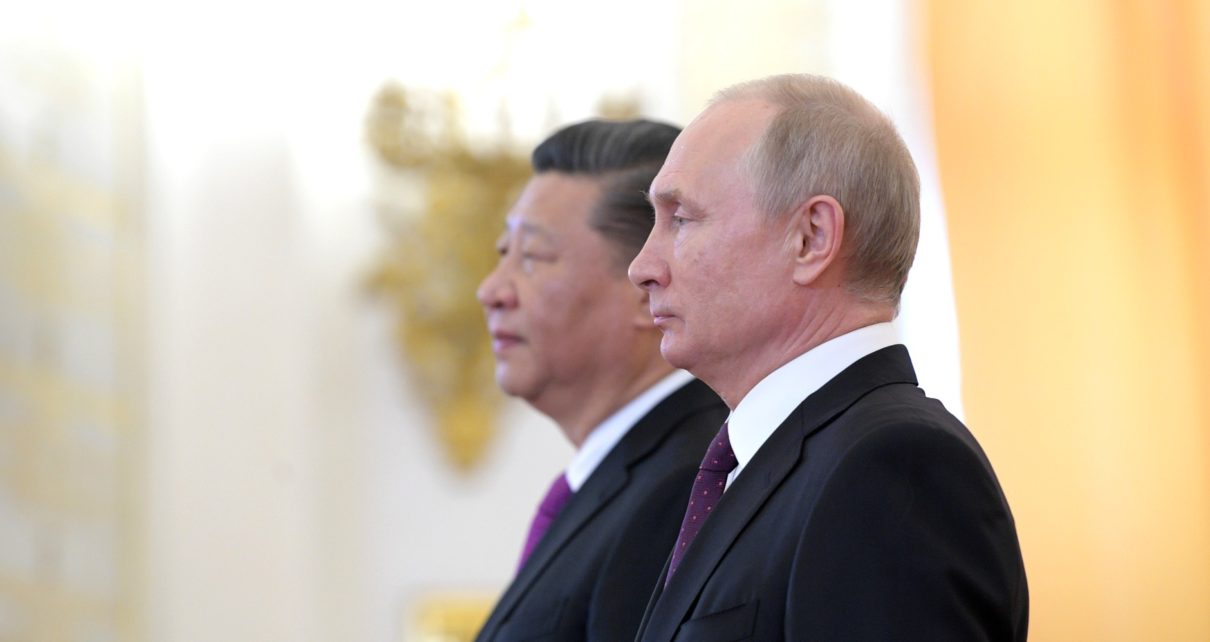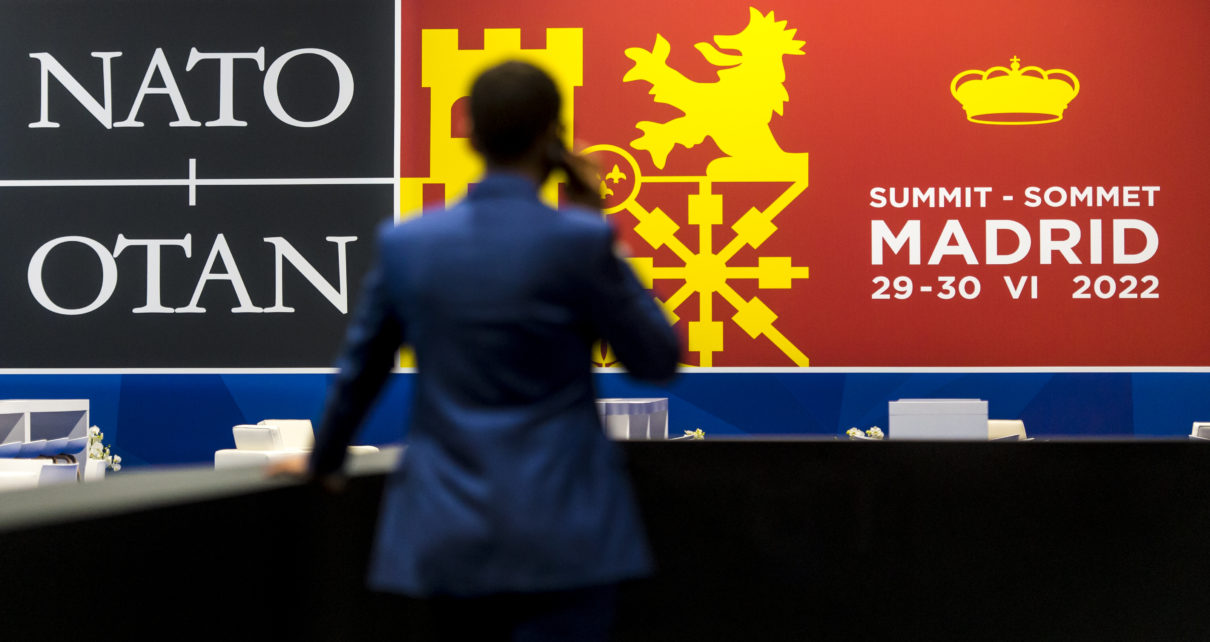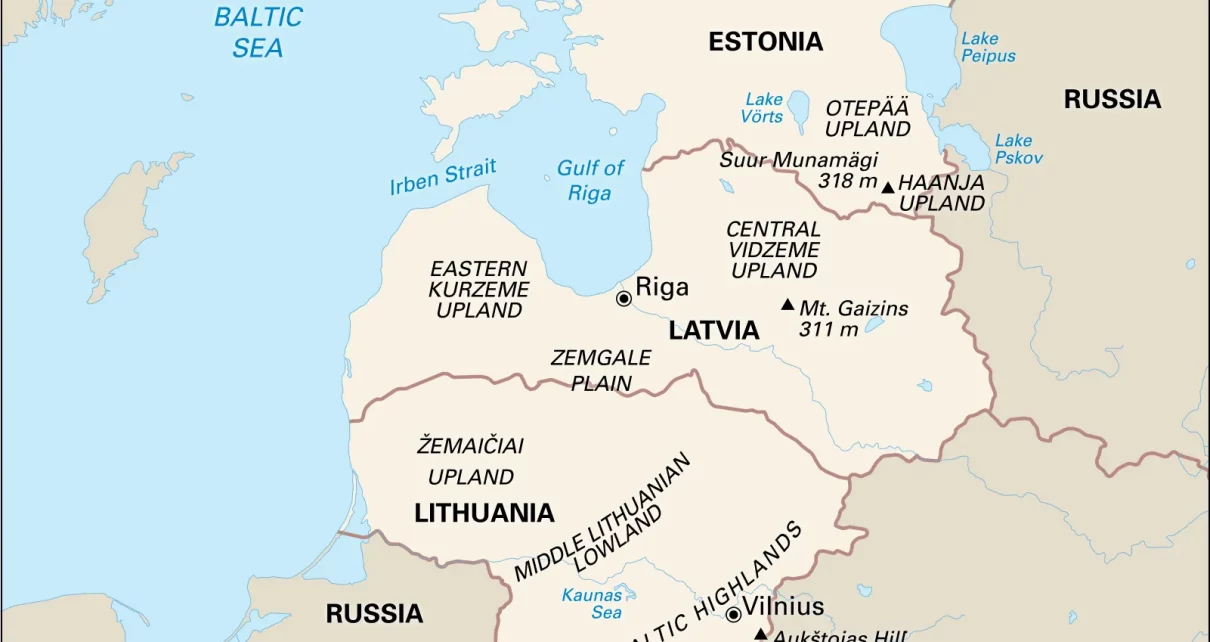Although quantum computing offers exciting new ways to predict, compute, and simulate data, their potential ability to decipher passwords make them an emerging threat to the security of individuals and states; the international ‘arms’ race for quantum technology raises questions about how to educate the public about these inventions and regulate them.
5. Authors of the NCC
A list of authors, past and present
Honesty Truly Is the Best Policy: Public Intelligence Sharing and the Russo-Ukrainian War
How have NATO states adapted to Russia’s use of disinformation? In this article, Jack Burnham discusses the West’s strategy of public intelligence sharing and its impact on the Russo-Ukrainian War.
Short Loops and Tall Tales: TikTok, Disinformation, and the New Face of War Reporting
Why has TikTok become a hub for disinformation during the Russo-Ukrainian War? In this article, Jack Burnham discusses the rise of the social media platform, its influence on the information space, and how it has reshaped war reporting.
Wolf Warrior-ism, Revisited: Great Power Competition During the Russo-Ukrainian War
What lessons can Russian disinformation campaigns provide for understanding China’s “Wolf Warrior Diplomacy”? In this article, Jack Burnham discusses the Russo-Ukrainian war, Chinese diplomacy, and the value of falsehoods in international relations.
Crossing the Rubicon To Reach Centre Bloc: Grievance Politics, Disinformation, and the Legacy of the “Freedom Convoy”
What threat does the “Freedom Convoy” continue to pose to Canada? In this article, Jack Burnham discusses protests in Ottawa and the role of disinformation in stoking and radicalizing grievance politics.
Another Big Bang? What Sweden’s Entry into NATO Could Mean for Countering Disinformation
What could Sweden’s entry into NATO mean for its fight against disinformation? In this article, Jack Burnham discusses NATO’s recent Madrid Summit and potential role for Sweden’s Psychological Defence Agency within the Alliance.
The International Implications of Roe v. Wade’s Overturn
The international community has responded to the US Supreme Courts’ overturn of Roe v. Wade. In this article, Jordan McEwen highlights international concerns, specifically for human rights and democracy.
Rising Right-wing Extremism at Home and Abroad: A Global Perspective to Canada’s Freedom Convoy Protest
In this article, Jordan McEwen highlights the growth of right-wing extremist violence by looking at the Freedom Convoy Protest earlier this year.
Cybercrime and Security in our Digital Society
Recent multilateral efforts bring international law into cyberspace.
Defying Stereotypes: The Growing Importance of Women in the Armed Forces of the Baltic States
In the northeastern region of Europe, on the eastern shores of the Baltic Sea, are three small but critical NATO member-states: Estonia, Latvia, and Lithuania. Referred to collectively as the Baltic states, these countries are members of the European Union and have played an important role in NATO since they joined the alliance in 2004. Read More…










